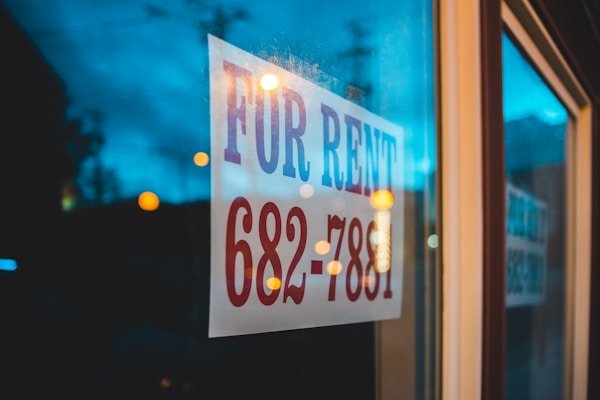A cyber background check is a comprehensive investigation into an individual’s online presence and history. This type of check can provide landlords with a wealth of information about potential tenants, including criminal records, social media posts, and other online information. Keep reading to learn more about using background checks as a landlord.
Why use a cyber background check for tenants as a landlord?

Landlords may choose to conduct a cyber background check for several reasons. First, they can use the information to determine if an applicant has a criminal record. Background checks are especially important for landlords renting to tenants with children, as they want to ensure their property is safe for their families.
Cyber background checks can also help landlords assess an applicant’s creditworthiness. By looking at an individual’s credit score and financial history, landlords can understand how responsible the tenant is likely to be with rent payments and other bills. Also, landlords may look at applicants’ social media posts to get a sense of their personality and whether they would be good tenants.
While cyber background checks can provide valuable information about potential tenants, it’s important to remember that they should not be used as the only factor in deciding whether to rent to someone. Many qualified applicants may have poor credit or no social media presence but would make excellent tenants. When considering applicants, a cyber background check should be part of the landlord’s overall evaluation process.
What information is included in a background check?
When it comes to background checks, a lot of information can be included. This can vary depending on the level of background check that is conducted. A basic background check may only include criminal history information, while a more comprehensive check may include credit history, driving records, and more. This information is typically obtained from public records and can be used by landlords to assess an applicant’s fitness for a particular property.
What are the risks of not using a background check?
Landlords who do not conduct background checks on their tenants may take unnecessary risks. Landlords may invite criminals into their buildings and neighborhoods by not checking a tenant’s criminal history. In addition, landlords who do not check credit histories risk having tenants who will not pay their rent on time or at all. Not screening potential tenants may end up with someone destructive or even dangerous to other residents in the building.
How often should landlords re-check tenants’ criminal records?
Landlords should re-check tenants’ criminal records periodically as the law changes and new information about tenants’ criminal history become available. Landlords should also re-check tenants’ criminal records when there is a change in occupancy, such as a new tenant moving in or an old tenant moving out. Re-checking tenants’ criminal history helps landlords ensure that they provide a safe housing environment for their tenants.
How far back does the information go?

It depends on the organization doing the background check. Some only go back a certain number of years, while others may go back indefinitely. There are a few reasons why this might be the case. First, the older the information is, the more likely it’s to be inaccurate. Additionally, some organizations may not have access to older information, or they may not be able to verify it.
Most background check information will go back at least seven years, and many will go back ten or more. If you’re concerned about the information that will be accessed, you should contact the organization in advance and ask them how far back their checks go.
Landlords should always use some form of a background check when considering a new tenant. While no method is perfect, it can help landlords avoid some dangers associated with renting to unknown individuals. Using some form of background check is a way to protect landlords, their property, and their other tenants.














